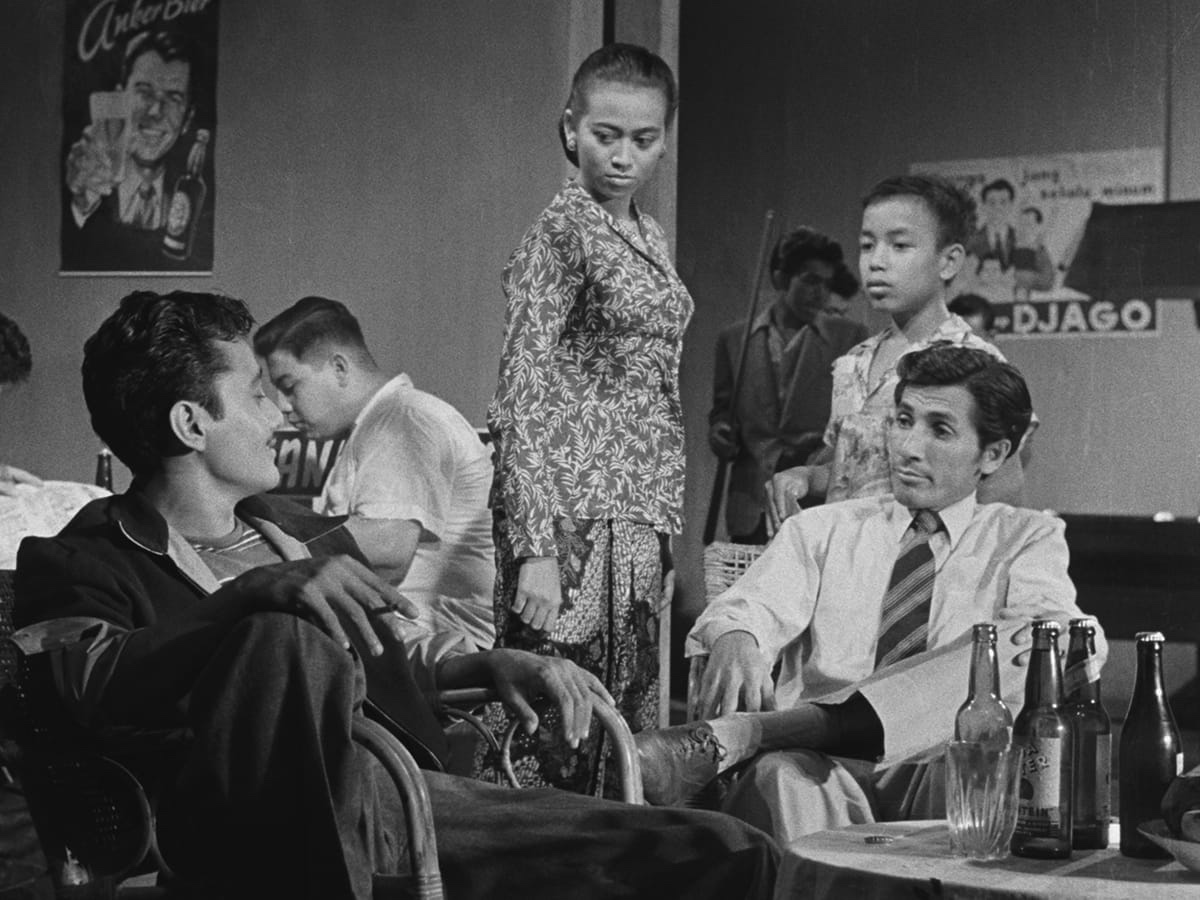by Corry Shores
[Search Blog Here. Index tabs are found at the bottom of the left column.]
[Terence Blake, entry directory]
[Terence Blake’s Translations and Commentary on Deleuze/Guattari, entry directory]
Terence Blake
DELEUZE AND THE REDUCTION TO THE ANIMAL: the problem of “dogs”
In this post Blake discusses the notion of becoming-animal in Deleuze (in the context of James Hillman’s writings). I want to note some useful parts. Blake translates what I assume is “zone d’indiscernabilité” (and maybe as well “zone d’indécidabilité” which is often paired with it) as “zone of indistinction”:
As Deleuze aged he found it increasingly hard to have an animal relation with himself. He was unable to breathe properly without medical assistance, which he compared to a leash for a dog:
“the winter was very difficult in terms of my health: long suffocations, tied like a dog to my oxygen tank” (François Dosse, “Gilles Deleuze and Félix Guattari: Intersecting Lives”).
This “complaint” as Deleuze calls it, expresses sympathy for the dog and a desire for “unleashment”. We know now that this desire for unleashment eventually led to Deleuze’s suicide, and so Deleuze’s concept of a “zone of indistinction”, of a feeling of commonality with the dog, is quite moving here.
And for a passage reading: “... tout homme qui souffre est de la viande. La viande est la zone commune de l’homme et de la bête, leur zone d’indiscernabilité...” (p.29-30), Blake renders the first part in the following passages:
With Deleuze’s complaint about being “attached like a dog” to his oxygen tank, and being “treated like a dog” by his doctors, we can see that dogs are used by Deleuze as what Hillman calls “emblems of sadness”. There is sadness and depression in the dog attached and mistreated. According to Deleuze, this feeling of identity with the dog is not the expression of a relation of resemblance or of “sentimental identification”, but of a deep sympathy and identity
“every man that suffers is meat. Meat is the common zone between man and beast” (FRANCIS BACON, 23, my translation).
See the article for other useful translations.
.










































No comments:
Post a Comment